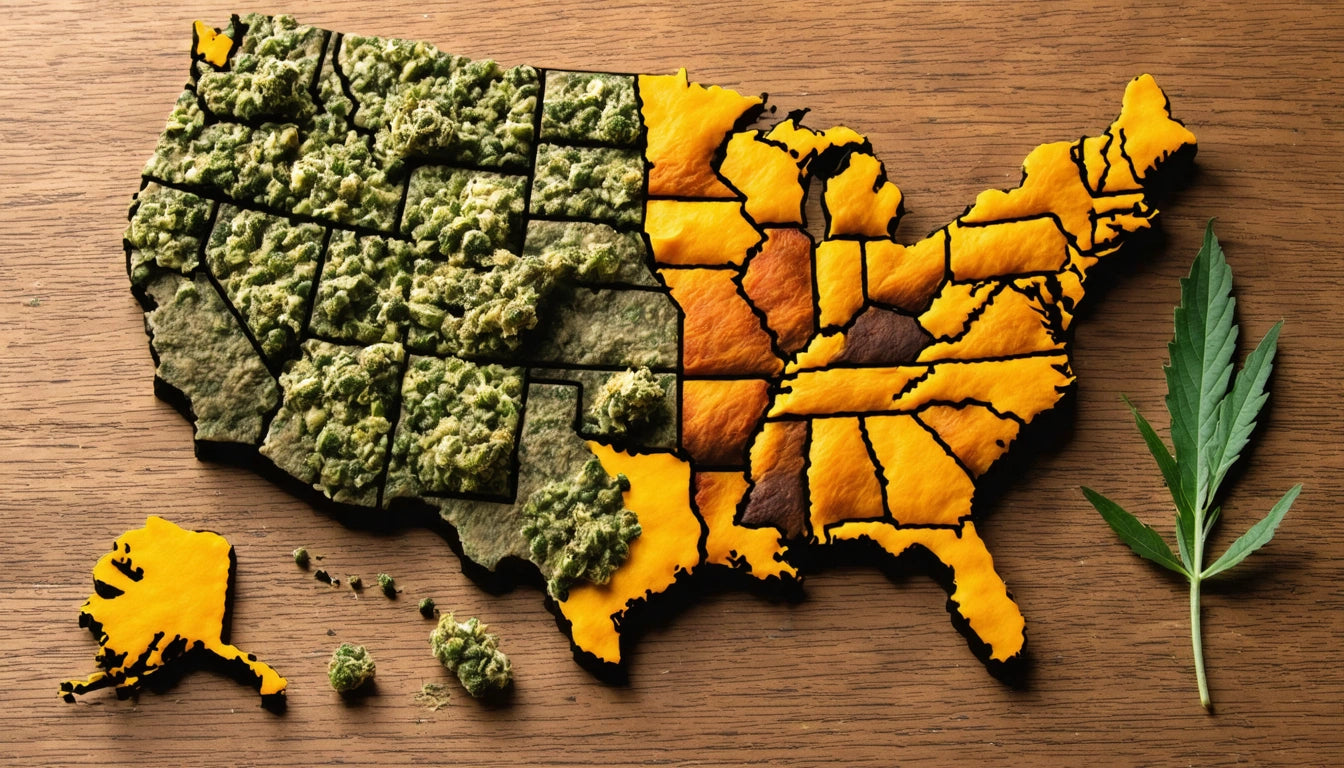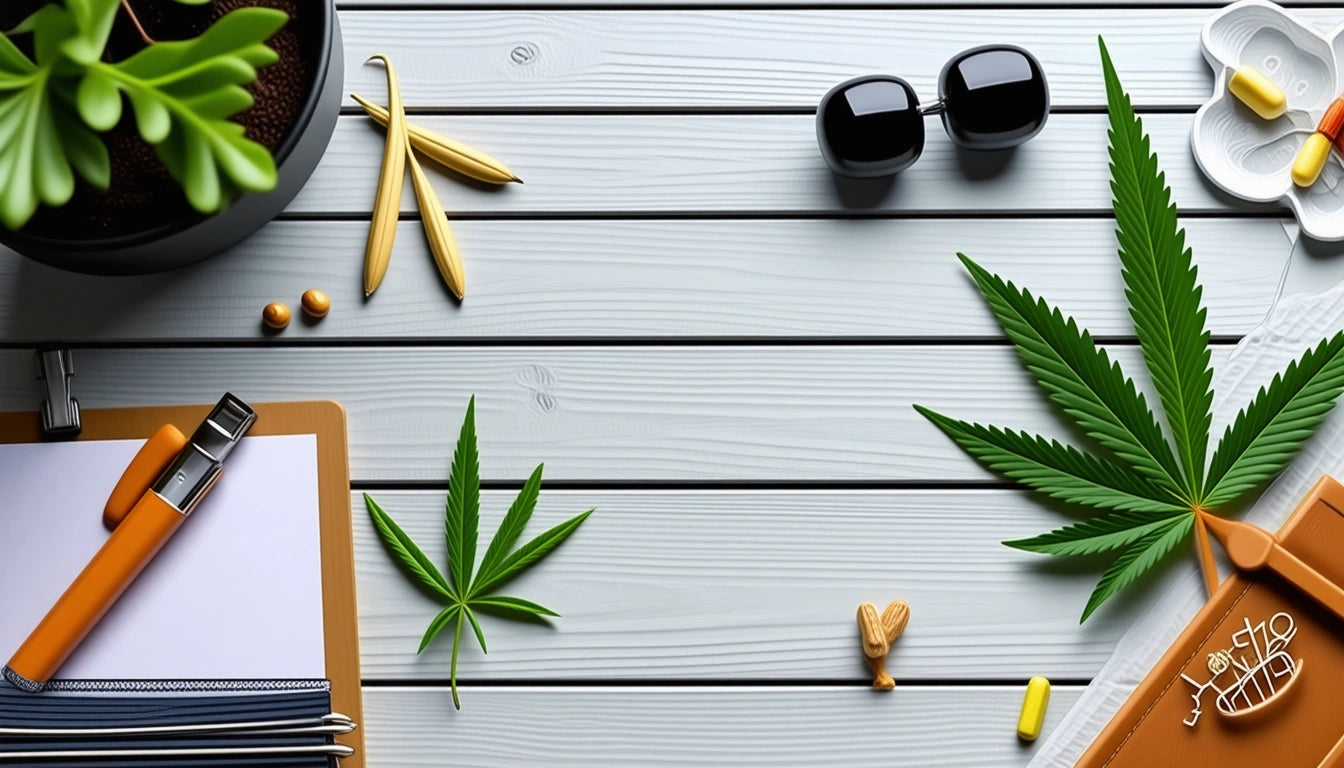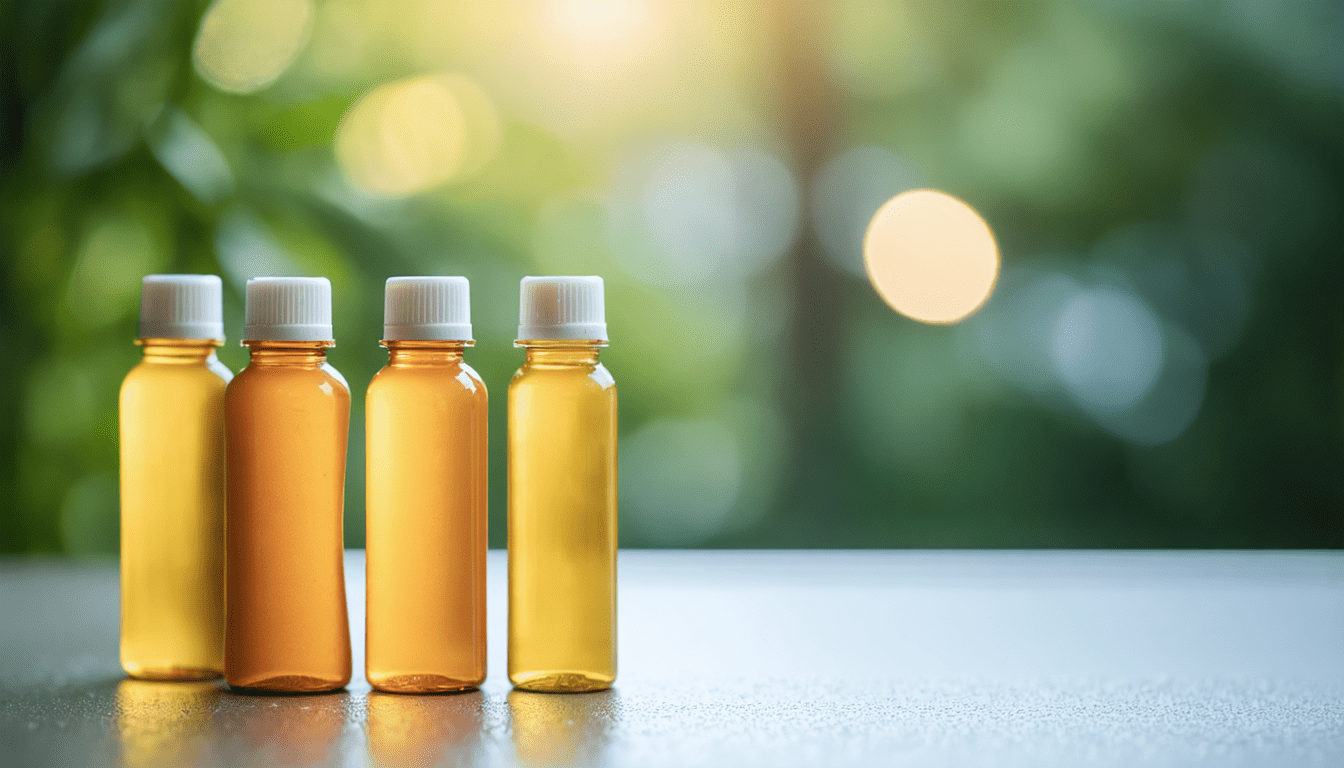- Understanding Edibles Legality: State-by-State Breakdown
- Northeastern States: New Jersey, New Hampshire, and Vermont
- Western States: Washington, Utah, Montana, and Wyoming
- Midwestern States: Minnesota, North Dakota, and South Dakota
- Purchasing Considerations: Where to Buy Legal Edibles
- Compliance Packaging: Critical Requirements for Legal Edibles
- Navigating Changing Regulations: Staying Informed About Edibles Laws
The Legal Status of Edibles Across Various U.S. States
Cannabis edibles exist in a complex legal landscape that varies dramatically from state to state. While some regions embrace recreational and medical cannabis programs with robust edibles markets, others maintain strict prohibitions or limited access. Understanding these distinctions is crucial for consumers, businesses, and policymakers navigating this evolving sector.
Understanding Edibles Legality: State-by-State Breakdown
The legal status of cannabis edibles is directly tied to each state's broader cannabis regulations. Currently, states fall into several categories: fully legal recreational and medical use, medical-only with edibles permitted, medical-only with no edibles, and completely prohibited states. This patchwork creates significant confusion for consumers wondering about legality in their region.
According to a comprehensive guide on edibles legality, regulatory frameworks continue to evolve rapidly, with new legislation frequently changing the status quo. These changes affect not just availability but also potency limits, packaging requirements, and purchasing restrictions.
Northeastern States: New Jersey, New Hampshire, and Vermont
Are Edibles Legal in New Jersey?
Yes, edibles are legal in New Jersey for both recreational and medical use. Following the 2020 ballot measure and subsequent legislation, adults 21+ can purchase cannabis edibles from licensed dispensaries. The state imposes a 10mg THC limit per serving and 100mg per package for recreational products.
Are Edibles Legal in New Hampshire?
New Hampshire has a more restrictive approach. Currently, edibles are only legal for registered medical marijuana patients. The state does not permit recreational cannabis sales, though possession of small amounts has been decriminalized. Medical edibles must meet strict potency and labeling requirements.
Are Edibles Legal in Vermont?
Vermont legalized recreational cannabis in 2018, but retail sales only began in 2022. Edibles are legal for adults 21+ with a 5mg THC limit per serving and 100mg per package. The state emphasizes child-resistant packaging and clear labeling for all edible products.
Western States: Washington, Utah, Montana, and Wyoming
Are Edibles Legal in Washington State?
Washington was among the first states to legalize recreational cannabis. Edibles are fully legal for adults 21+ with a 10mg THC limit per serving and 100mg per package. The state maintains strict rules about product shapes and packaging to avoid appeal to children.
Are Edibles Legal in Utah?
Utah permits edibles only for registered medical cannabis patients. The program is relatively restrictive, with limited product types and dosage forms available. Gummies and certain other formats are allowed, but with strict potency limits and packaging requirements.
Are Edibles Legal in Montana?
Montana legalized recreational cannabis in 2020, with sales beginning in 2022. Edibles are legal for adults 21+ but face restrictions on serving size (10mg THC) and total package content (100mg THC). Child-resistant packaging is mandatory.
Are Edibles Legal in Wyoming?
Wyoming maintains some of the strictest cannabis laws in the country. Neither recreational nor medical cannabis programs exist, making all cannabis edibles illegal in the state. Possession remains criminalized with potential jail time, even for small amounts.
Midwestern States: Minnesota, North Dakota, and South Dakota
Are Edibles Legal in Minnesota?
Minnesota presents an interesting case. While full recreational cannabis was legalized in 2023, the rollout of retail sales is still developing. Currently, low-dose hemp-derived THC edibles (5mg per serving, 50mg per package) are legally available. For those wondering "are edibles legal in MN," the answer is yes, but with specific limitations.
Are Edibles Legal in North Dakota?
North Dakota has a medical cannabis program that includes edibles for registered patients. Recreational use remains prohibited, and the medical program imposes strict limits on product types and potency.
Are Edibles Legal in South Dakota?
South Dakota's legal landscape has been tumultuous. Currently, only medical cannabis is legal, with limited access to edibles for registered patients. The recreational program approved by voters in 2020 was overturned by court challenges.
Purchasing Considerations: Where to Buy Legal Edibles
For states where edibles are legal, purchasing options typically include licensed dispensaries, delivery services (where permitted), and in some cases, online options for hemp-derived products. For those asking "edibles legal in MN where to buy," options include dispensaries and certain retail stores authorized to sell low-dose hemp products.
When considering "edibles legal in MN where to buy online," consumers should exercise caution. While hemp-derived products can sometimes be purchased online, traditional cannabis edibles generally cannot be shipped across state lines due to federal prohibition.
For secure packaging solutions that maintain product freshness while meeting compliance requirements, many producers utilize high-quality mylar storage bags that provide odor control and child-resistant features required by most state regulations.
Detailed information about purchasing options can be found in this comprehensive guide to finding edibles both in physical locations and online.
Compliance Packaging: Critical Requirements for Legal Edibles
Across all states where edibles are legal, packaging requirements represent a critical compliance factor. Common requirements include:
- Child-resistant mechanisms
- Opaque or non-transparent materials
- Warning symbols and text
- THC content clearly marked
- Batch information and testing results
- No imagery appealing to children
These requirements vary by state but represent the industry standard for legal operations. Manufacturers must stay updated on local regulations to ensure continued compliance.
For information about transporting purchased products, this resource on edibles delivery and shipping provides valuable guidance on legal boundaries.
Navigating Changing Regulations: Staying Informed About Edibles Laws
The legal landscape for cannabis edibles continues to evolve rapidly. Several trends are worth monitoring:
- More states moving toward recreational legalization
- Expansion of medical programs to include edibles
- Standardization of dosing and serving sizes
- Interstate commerce preparations (pending federal changes)
- Increased focus on sustainable packaging solutions
Consumers and businesses should regularly check state cannabis regulatory websites for the most current information. What's illegal today may be permitted tomorrow, and compliance requirements frequently change even in established markets.
Understanding the legal status of edibles across various U.S. states requires ongoing attention to legislative developments. Whether you're a consumer in Minnesota wondering about local purchasing options or a business operator navigating compliance in multiple jurisdictions, staying informed about these evolving regulations is essential for legal participation in this growing market.











Leave a comment
All comments are moderated before being published.
This site is protected by hCaptcha and the hCaptcha Privacy Policy and Terms of Service apply.